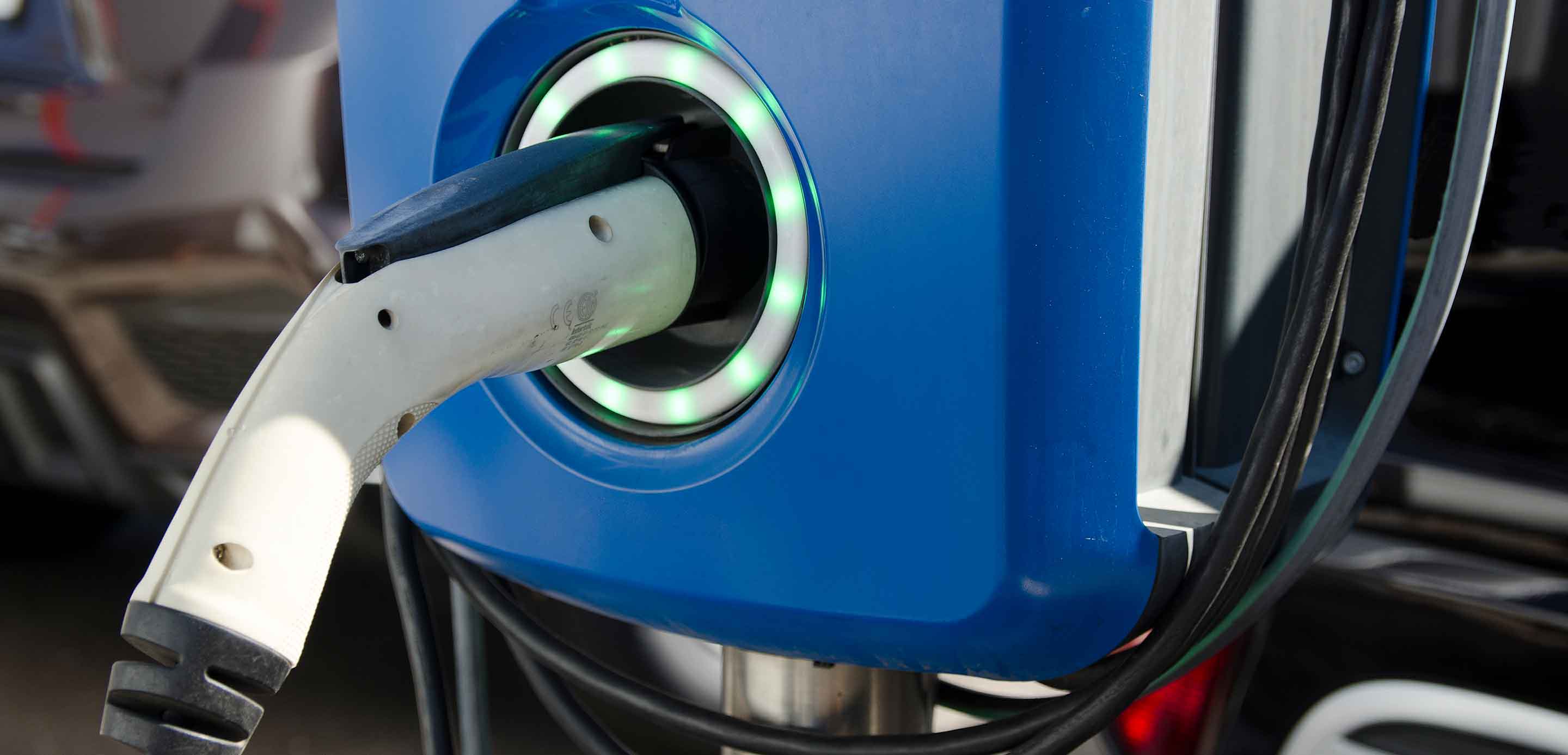- Article

- Infrastructure and Sustainable Finance
- Transition to Net Zero
- Sustainable Supply Chain
How is Shift EV turning delivery vehicles electric in Egypt and beyond?
Discover how Egypt’s Shift EV is helping fleet owners overcome cost constraints in the transition to electric delivery vehicles.
Goods often traverse continents to get from factories to customers. But more than half of the greenhouse gas emissions generated over the course of those journeys occur in the so-called “last mile” — the relatively short distance from a warehouse to the point of purchase.1
The most common approach to tackling last-mile delivery emissions is to switch fossil-fuel powered delivery vehicles to electric ones.
Rather than simply replacing entire fleets with new EVs, however, Egyptian venture capital-backed start-up, Shift EV, recognised that a more palatable option for logistics businesses in resource- and cash-constrained developing countries is to retrofit – or “electrofit” as the company calls it – minivans and delivery trucks with its in-house designed and manufactured lithium-ion battery packs. These are designed to integrate seamlessly with the existing frame of a vehicle.
As well as the hardware solution, the company provides technology to help businesses make their delivery operations more sustainable and more efficient. Shift EV connects converted vehicles remotely to ShiftWare, its fleet analytics and operating system, which allows businesses to monitor their vehicles and plan and optimise their routes and operations.
Overcoming inertia
Shift EV’s model is especially relevant to logistics businesses in developing countries, where the cost of upgrading to electric vehicles is a major constraint.
To help overcome that hurdle, Shift EV has come up with a model where fleet owners pay nothing up-front for the conversion and are guaranteed 30% savings over current costs. Shift EV is confident enough in the benefits of electrification and its operating system that it can offer such a deal and still make money.
Founded in 2020, Shift EV sees tremendous potential for its business model beyond Egypt.
There are around 25 million commercial vehicles plying on streets across diverse emerging markets. From pickup trucks, minivans, to small trucks. There is a massive multi-billion market that awaits the EV disruption.
|
"The reason why we chose to go after the last mile market is that most of the players in the market are run by large corporations that have strong mandates to cut their carbon emissions. Moreover, companies utilise warehouses in their operations, making charging so much easier," El Tayeb adds.
The company is looking to onboard more clients and scale its operations across the Middle East and North Africa region. Its initial target is to convert thousands of logistics vehicles a year to its electric solution.
To help meet that target, HSBC provided Shift EV an unsecured working capital facility to finance a portion of its retrofitting contracts with corporate clients. It is one of the first such facilities issued by a bank in Egypt. HSBC Is also supporting the company’s import requirements through a secured import line.
“Given that the majority of growth in ecommerce and demand for related logistics will come from developing countries, there is an urgent need to hasten the electrification of last-mile deliveries in places like Egypt and elsewhere in the region,” says Ali Taqi, Head of Commercial Banking Egypt at HSBC.
“Shift EV has developed an effective model combining innovation in hardware, software and financing to help businesses facing resource constraints electrify their fleets. By doing so, the businesses can not only contribute to reduction of emissions, but also improve efficiencies to support their bottom line and that of their customers.” Taqi adds.


